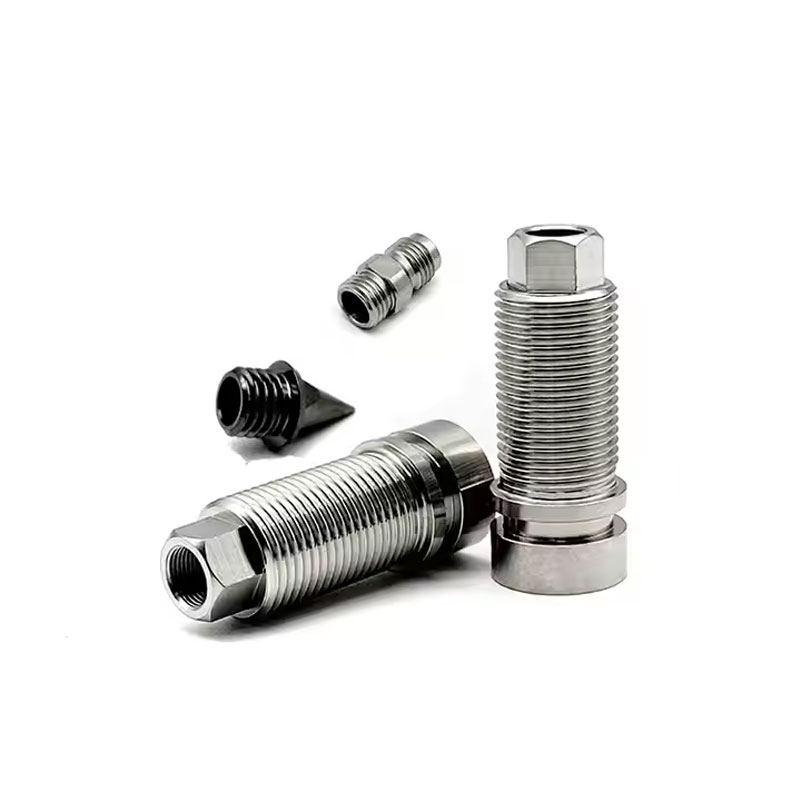Automotive Part Casting Enhancing Performance and Durability in Vehicle Manufacturing
2025-04-18
Automotive part casting is a vital process in modern vehicle manufacturing It involves pouring molten metal into a mold to produce complex and durable components used throughout cars trucks and other vehicles
What is Automotive Part Casting
Casting is a metal shaping process that creates precise parts by filling custom molds with liquid metal After the metal solidifies the part is removed and finished for use Common casting materials include aluminum iron and steel which offer excellent strength and wear resistance

Key Advantages
- Complex Designs
Casting allows the creation of intricate shapes that would be difficult or expensive to produce using other methods
- High Strength
Cast components can withstand extreme pressure heat and vibration making them ideal for engine and structural parts
- Cost Effective
Once the mold is made large quantities of parts can be produced with minimal waste
- Material Versatility
Casting supports a wide range of metals and alloys to suit different automotive needs
Common Cast Parts in Vehicles
- Engine blocks and cylinder heads
- Transmission housings
- Suspension brackets
- Brake components
- Differential casings
Conclusion
Automotive part casting plays a major role in delivering strong reliable and lightweight parts for the transportation industry By combining precision with efficiency casting helps manufacturers meet the demands of safety durability and performance in today’s vehicles


